Cracking the Code: Revealing the Hidden Truths of Famous Conspiracy Theories
By Sophia Maddox | April 1, 2024
Unveiling MK-ULTRA: The CIA's Mind-Altering Experiment
Step into the captivating shadows of history, where the blurred lines between reality and myth unveil compelling narratives that will both intrigue and inform. From clandestine government experiments such as MK-Ultra to the under the radar maneuvers of figures like Edith Wilson, said to have wielded presidential power in secrecy, these tales have long captivated and fascinated.
Journey with us through the complexities of the Gulf of Tonkin incident, a pivotal moment in the Vietnam War, and the lingering uncertainties surrounding John Wilkes Booth's alleged lone role in the assassination of Abraham Lincoln. These stories offer not only intriguing mysteries but also valuable insights into the intricate workings of power and deception throughout history, igniting curiosity and sparking reflection on the truths hidden beneath the surface.

Amidst conspiracy theories alleging that the CIA conducted clandestine experiments on behavior modification using LSD and other hallucinogenic drugs, the truth behind such claims unveils a disturbing reality. The covert program, known as MK-ULTRA, indeed existed. Initially employing volunteers, including notable figures like novelist Ken Kesey, the program soon took a darker turn as individuals were dosed without their knowledge or consent. MK-ULTRA inflicted irreversible harm on many of its unwitting subjects, leaving them permanently mentally disabled. This revelation exposes the clandestine and ethically dubious activities undertaken by government agencies in the pursuit of experimental research, serving as a cautionary tale about the potential consequences of unchecked power and secrecy.
Eyes Everywhere: The Government is Spying on You

Amidst fears of government surveillance, fueled by technological advancements, the reality paints a disconcerting picture. Organizations such as the Electronic Frontier Foundation (EFF) reveal that government agencies issued a staggering number of requests for user data to major tech companies in 2016 alone. According to EFF data, Facebook received 49,868 requests, Google 27,850, and Apple 9,076. These figures underscore the vast resources at the government's disposal for tracking citizens' online activities. In an era where digital footprints are ubiquitous, concerns about privacy and civil liberties in the face of unchecked surveillance loom large, prompting debates on the balance between security and individual freedoms in the digital realm.
Behind the Curtain: A Tale of the First Woman President
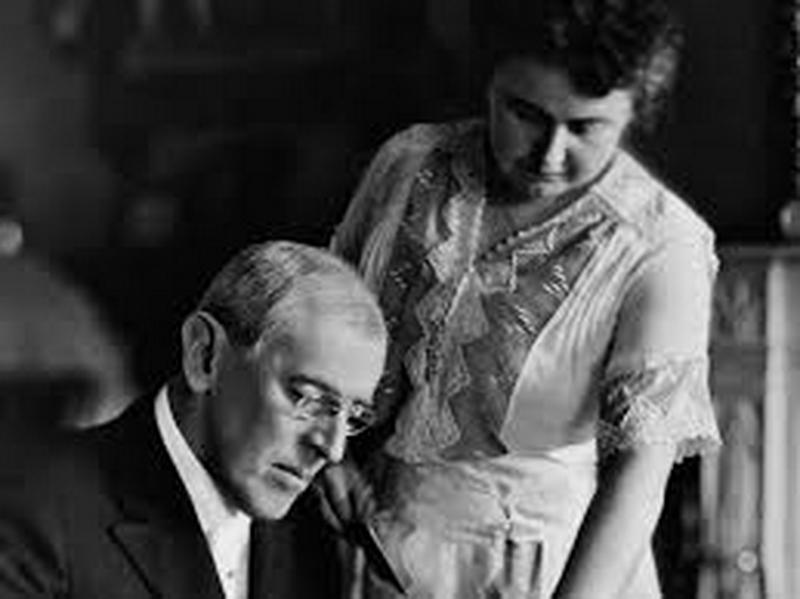
Conspiracy theories surrounding President Woodrow Wilson's health during his time in office suggested that a stroke had incapacitated him, with his wife, Edith Wilson, secretly assuming the reins of power. The reality was not far from this conjecture. Indeed, Wilson did suffer a severe stroke towards the end of his presidency, but the government deemed it prudent to keep the extent of his condition concealed from the public eye. It wasn't until months later that the truth emerged, revealing that Edith Wilson had been effectively running the executive branch during this period. Despite her assertion that she acted merely as a "steward," historians examining the Wilson administration have confirmed that for well over a year, Mrs. Wilson held considerable sway, effectively assuming presidential responsibilities.
The Poisoned Chalice: Unraveling the Prohibition Conspiracy
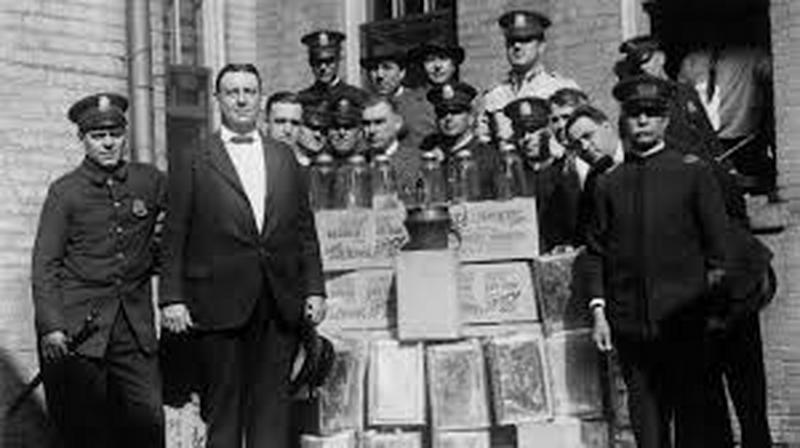
Conspiracy theorists have long propagated the belief that during the period of Prohibition, the government deliberately poisoned alcohol to dissuade people from drinking. Surprisingly, this theory had a kernel of truth. Prior to the nationwide ban on alcohol between 1920 and 1933, manufacturers of industrial alcohol were already incorporating hazardous substances into their products. Regulatory agencies, eager to curb illegal alcohol consumption, facilitated this process by encouraging the addition of lethal chemicals, rendering industrial alcohol undrinkable. This practice, known as "denaturing," involved the inclusion of methyl alcohol, or "wood alcohol," in grain alcohol, along with other unpalatable additives. Although this measure inadvertently led to thousands of deaths during Prohibition, it wasn't a deliberate attempt by the government to poison drinkers. Instead, it aimed to deter individuals from consuming industrial alcohol by making it unfit for human consumption. Despite efforts by crime syndicates to purify stolen industrial alcohol, the risks remained perilously high.
The Business Plot: Unveiling Fascism's Shadow in America
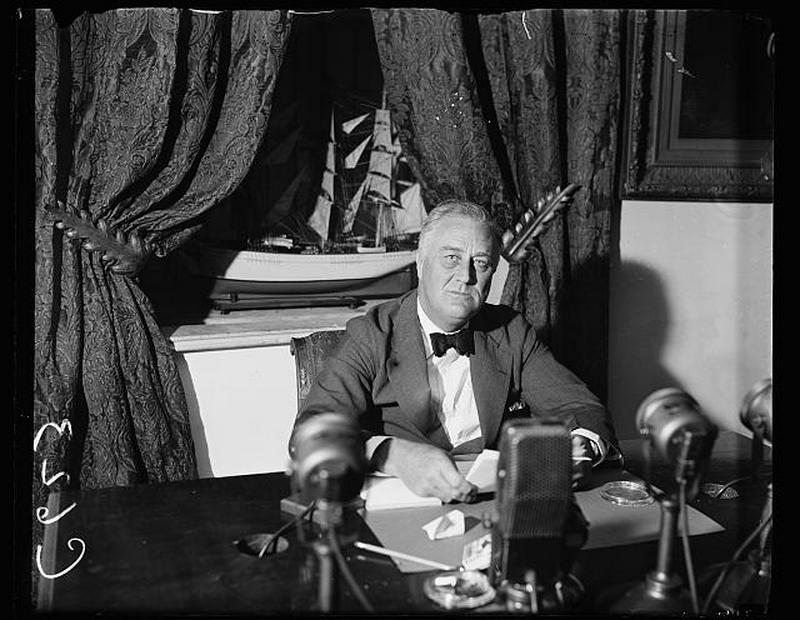
In a startling revelation from 1933, Senator Prescott Bush, patriarch of a political dynasty, allegedly spearheaded a clandestine scheme to orchestrate a military coup against President Franklin D. Roosevelt, aiming to install a fascist dictatorship in the United States. The plot implicated prominent figures from the echelons of American industry, including Chase Bank, Goodyear, Standard Oil, GM, and the Du Pont family. Marine Corps Major General Smedley Butler, an ardent supporter of FDR, was approached to lead the coup, unaware of the conspirators' intentions.
Butler, however, turned whistleblower, exposing the conspiracy and presenting evidence to a Congressional Committee. Despite vehement denials from those implicated, the Committee corroborated Butler's allegations, but no criminal charges were pursued. Instead, the focus shifted to halting the plot before it could materialize. Remarkably, the individuals behind the Business Plot maintained financial connections with Nazi Germany until America's entry into World War II, casting a chilling shadow over the intersection of power, wealth, and ideology in American history.
Unraveling the Gulf of Tonkin Incident: Fabrications that Fueled the Vietnam War

The Gulf of Tonkin Incident stands as a pivotal moment in the trajectory of the Vietnam War, yet its veracity has since been called into question. Initially, the National Security Agency claimed that North Vietnamese torpedo boats launched an attack on the USS Maddox on August 4, 1964. However, subsequent investigations revealed the presence of "Tokin ghosts" — false radar images — and a lack of concrete evidence supporting the alleged attack. The unsettling truth emerged: the Gulf of Tonkin Incident never occurred. Despite this revelation, the incident served as a pretext for escalating U.S. military involvement in Vietnam. This manipulation of events underscores the dangers of fabricated narratives in shaping public perception and driving geopolitical agendas, leaving a lasting legacy of skepticism and scrutiny surrounding official justifications for war.
The Fabricated Testimony of Nayirah: A Manipulative Prelude to War

In a pivotal moment leading up to the Gulf War, the testimony of Nayirah, a 15-year-old girl, captivated the U.S. Congress and the American public. Nayirah recounted a harrowing tale of witnessing Iraqi soldiers callously removing Kuwaiti babies from incubators, a story that resonated across 700 television stations in the United States. President George Bush Sr. echoed this narrative repeatedly in the following weeks, leveraging it to garner support for military intervention. However, the credibility of Nayirah's testimony quickly unraveled when it was revealed as a fabrication. The CIA's involvement, including arranging acting lessons for Nayirah prior to her testimony, and her familial ties to the Kuwaiti government exposed a deliberate effort to manipulate public sentiment. Amnesty International condemned the Bush administration's exploitation of human rights rhetoric for political gain, highlighting the dangers of opportunistic manipulation in the pursuit of geopolitical objectives.
The FBI was Spying on Former Beatle John Lennon

The conspiracy alleging FBI surveillance of former Beatle John Lennon turns out to be a startling reality. Amidst the political climate of the time, Lennon's status as a counter-cultural icon and advocate for peace drew scrutiny from authorities. In 1971, the FBI initiated surveillance on Lennon, viewing his anti-war activism with suspicion. An NPR report in 2010 highlighted the Nixon administration's unease with Lennon's influential voice, leading to intensified monitoring by federal agencies. The Immigration and Naturalization Service even attempted to deport Lennon a year later. This revelation sheds light on the extent to which government agencies surveilled individuals perceived as threats, even iconic figures like Lennon, during a tumultuous period in American history.
The CIA's Secret Assassination Operation
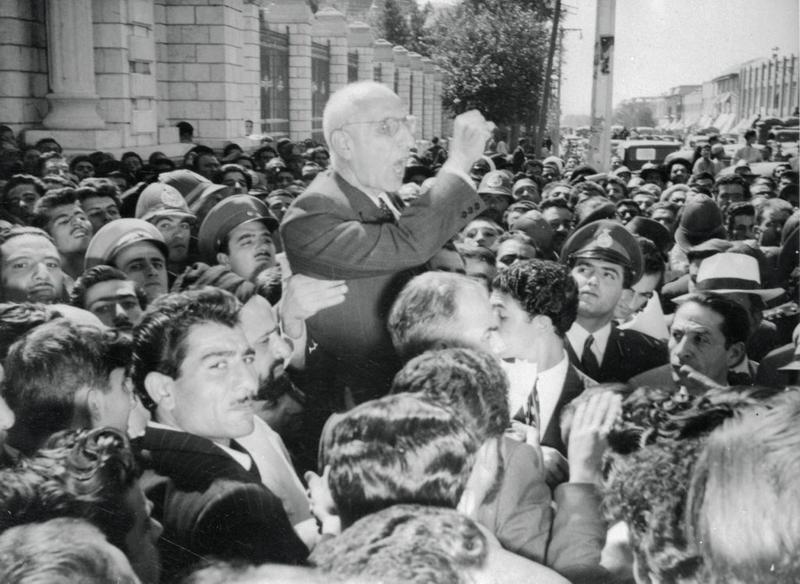
In 1975, after the Watergate scandal, Senator Frank Church helped form the precursor to the U.S. Senate Select Committee on Intelligence. Commonly referred to as the Church Committee, their purpose was to investigate the CIA and FBI to ensure that they were operating within the law. The Committee quickly discovered that the CIA had started a hit man business.
In the wake of the Watergate scandal, Senator Frank Church spearheaded the formation of the Church Committee, tasked with scrutinizing the activities of intelligence agencies like the CIA and FBI to ensure adherence to the law. What they uncovered was a chilling revelation: the CIA had effectively operated a clandestine assassination program. Targeting leaders and revolutionaries across the globe, from Mossadegh in Iran to Allende in Chile, the CIA orchestrated covert killings disguised as accidents, suicides, and illnesses. Declassified documents revealed the existence of sinister tools like the "Heart Attack Gun". Despite these revelations being part of the congressional record, the notion of CIA assassination plots is often dismissed as mere conspiracy fodder, underscoring the enduring power of skepticism and disbelief in the face of shocking truths.
John Wilkes Booth Didn't Act Alone: The Conspiracy to Assassinate Abraham Lincoln
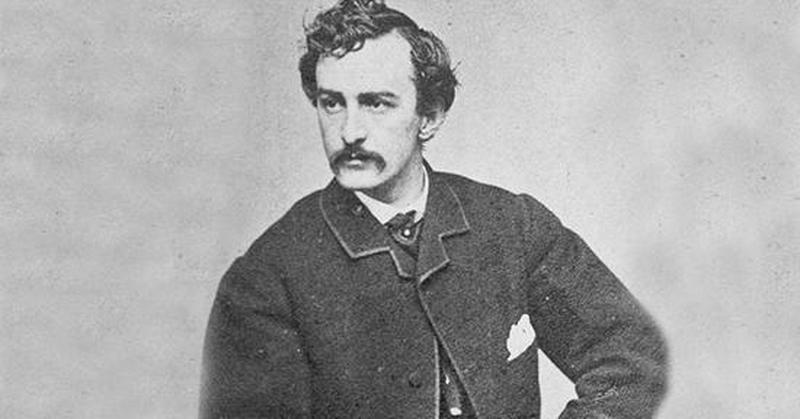
Contrary to the commonly held belief that John Wilkes Booth acted alone in the assassination of President Abraham Lincoln, the truth reveals a network of co-conspirators collaborating in the heinous plot. Booth's cadre comprised no fewer than nine individuals, including Mary Surratt, who became the first woman executed by the U.S. government for her role in the conspiracy. Among them was David Herold, who aided Booth in his escape following the assassination at Ford's Theater, and George Azterodt, tasked with the unsuccessful assassination attempt on Vice President Andrew Johnson. Despite Azterodt's failure to carry out the act, he faced execution for his involvement in plotting against the president.
Meanwhile, Lewis Powell, another co-conspirator, made a brazen attempt on the life of Secretary of State William Seward, inflicting severe injuries. This intricate web of collaboration underscores the depth of the conspiracy to eliminate Lincoln and key figures in his administration, challenging the singular narrative of Booth acting alone in one of America's most infamous assassinations.

